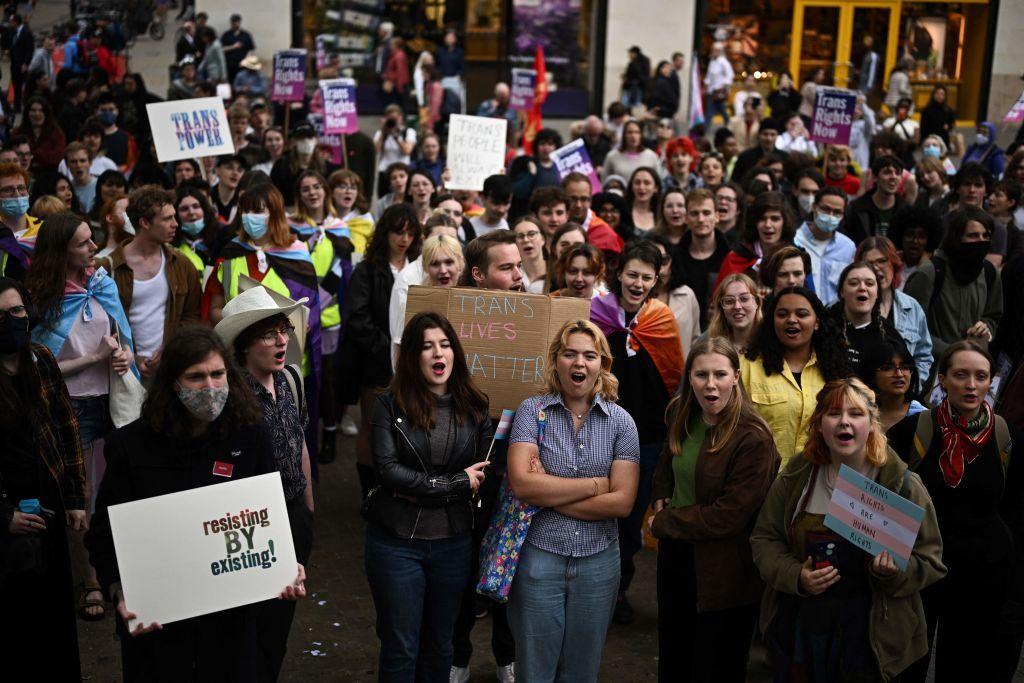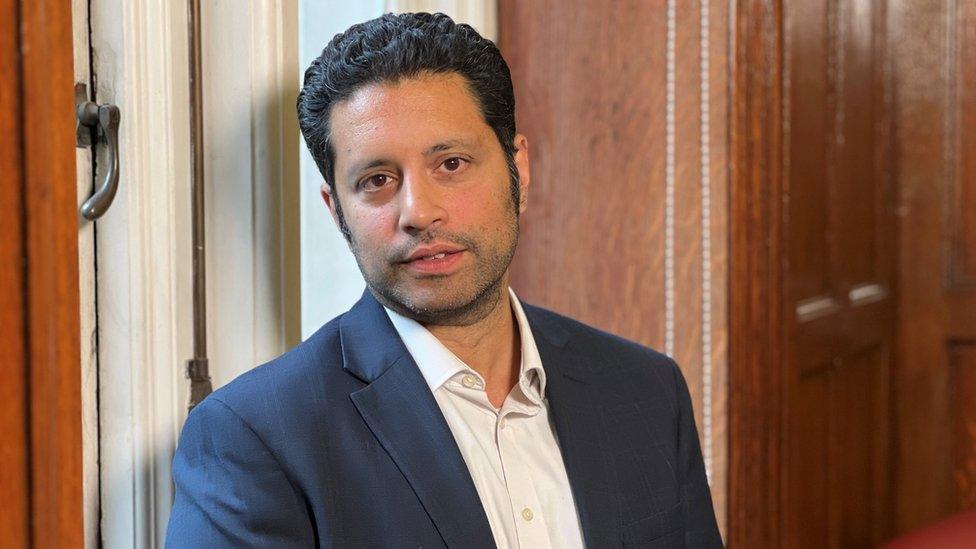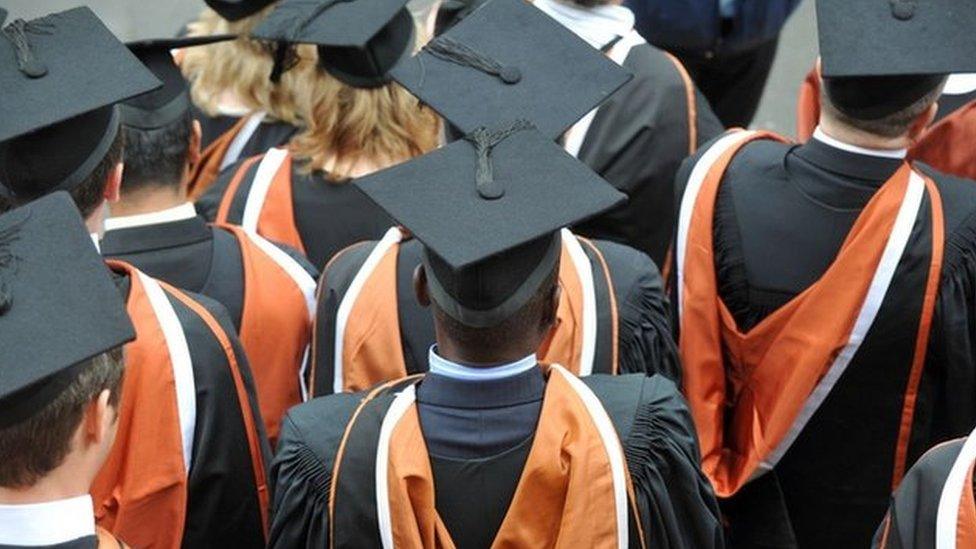Government delays university free-speech fines

- Published
Controversial new powers for universities and student unions to be fined for failing to uphold freedom of speech have been put on hold by the government.
Education Secretary Bridget Phillipson said that would allow time to consider whether the law, which was due to come into force next week, would be repealed.
In the statement to parliament, Ms Phillipson also said the regulator, the Office for Students (OfS) should be “more sharply focused” on the financial stability of universities.
A review of the OfS, also released on Friday, says the government and regulator should offer support and guidance to universities struggling financially.
The Higher Education Freedom of Speech Act, which was passed last year, said universities had a duty to "secure" and "promote the importance of" freedom of speech and academic expression.
It would have allowed the OfS to fine or give sanctions to higher education providers and student unions in England from next week.
It also included a new complaints scheme for students, staff and visiting speakers, who could seek compensation if they suffer from a breach of a university's free- speech obligations.
But a government source told the BBC the legislation would have opened the way for Holocaust deniers to be allowed on campus, and was an “anti-semite charter”.
Under pre-existing legislation, universities will still have a legal duty to uphold freedom of speech.
Bridget Phillipson told the BBC on Monday that culture wars on university campuses “end here”.

Protesters gathered last year to demonstrate against academic Prof Kathleen Stock delivering a speech at the Oxford Union Society
Protests on campus have taken place over the last few years, including at Oxford before a talk by gender-critical academic Kathleen Stock.
Protesters said they were not opposed to Prof Stock's right to freedom of speech, but the use of the Oxford Union platform to express "anti-trans views".
Then Prime Minister Rishi Sunak said the protests "shut down discussion".
When the legislation was originally introduced, the then Education Secretary Gavin Williamson said it would allow speakers to “articulate views which others may disagree with as long as they don't meet the threshold of hate speech or inciting violence”.
There were concerns that the law would leave universities with a legal obligation to protect Holocaust deniers from being ‘no-platformed’ on campuses, causing severe distress amongst students, according to the National Union of Students.
“Many of us were truly dreading the impact this Act would have, serving to further divide our campuses and put marginalised student communities further at risk,” vice-president Saranya Thambirajah added.
"There are already duties on universities to ensure free speech, but what this is doing is removing a set of really burdensome restrictions ... that were going to be potentially very disruptive", Jo Grady, general secretary of the University and College Union said.
Ms Grady believes a focus on financial stability is "incredibly important" and is a change from the focus on the "culture war" she has seen over recent years.
In the independent review of the OfS, Sir David Behan noted the regulator's role had widened in recent years, and that for the "the fourth education revolution" it needed to reduce its objectives, and focus on "monitoring financial sustainability, ensuring quality, protecting public money, and regulating in the interests of students".
If a university goes bust, which students lose most?
- Published21 June 2024
Unis told to manage own budgets after call for bailouts
- Published22 July 2024
Overseas student applications rise again in UK
- Published15 February 2024
The review said in the future, the sector should anticipate the continued impact of digital technology and artificial intelligence on teaching, as well as a push for shorter courses.
It found the number of universities who are in deficit and are announcing redundancies is likely to “increase markedly” and this is a key challenge for the regulator, the government and the sector.
Earlier this week, Ms Phillipson said there are expectations that universities should “manage their budgets” following calls for bailouts for universities struggling financially.
The review recommended the government undertake policy work to “clarify its position” and whether “the non-interventionist positioning is still the most appropriate”.
Universities UK welcomed the findings, and the need for a focus on the financial sustainability of the sector.
Sir David has been announced as interim chairman of the OfS, following the resignation of the conservative peer Lord Wharton last week.
Susan Lapworth, chief executive of the OfS, said they are “very much looking forward” to working with Sir David, and that his review highlights a range of important areas that they will continue to prioritise.
Related topics
- Published30 May 2023

- Published9 October 2023

- Published12 May 2021
